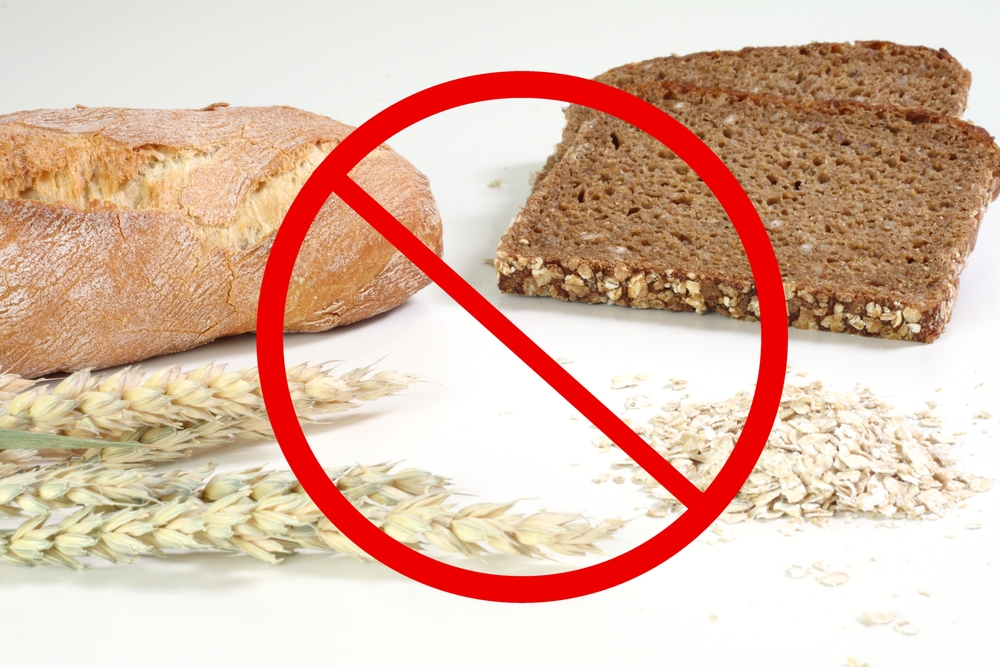Diet
A strict gluten free diet is recommended for CD patients and is the only accepted therapy for CD till date. Studies have proven that intake of as little as 50 mg of gluten per day for 3 months can cause a significant decrease in the intestinal mucosal villous height. Most patients with celiac disease respond to gluten-free diet within weeks to months of initiation. Patients are expected to feel improved energy and overall well being. As the gut heals and nutrients are able to be absorbed properly symptoms of anemia and nutritional deficiencies start improving within weeks. The normalization of hemoglobin and complete recovery from diarrhea might take months. Unfortunately, up to 30% patients may still have from symptoms despite of absence of gluten in their diet.
Gluten is found in wheat (flour, bran, starch, couscous), rye, oats, barley.
Foods to avoid: avoid any foods that contain the grains listed above. Sometimes they are obvious like wheat bread or baked goods, but other times gluten in hiding in products such as salad dressing and soups. It is very important to read the labels and let restaurants know you have a gluten allergy when ordering.
Foods to enjoy: anything that does not contain gluten. Fruits, vegetables, meats, nuts, dairy, amaranth, buckwheat, cassava, millet, quinoa, rice, tapioca, etc. Rice and quinoa flour are great for baking and breads.
Medications
Several medications are now being studied as potential treatment strategies for Celiac disease. Most medication options revolve around the development of drugs that target enhancement of tight junctions and detoxification of gluten. Two such drugs Larazotide acetate and ALV003 have been studied in phase II trials
Probiotics
Have also been tested in patients with Celiac Disease. Probiotics have been shown to improve gastrointestinal symptoms, such as indigestion and constipation. However, they have not been shown to improve other symptoms or intestinal permeability. Some studies have demonstrated that probitoics decrease inflammatory markers, but more research is needed.





